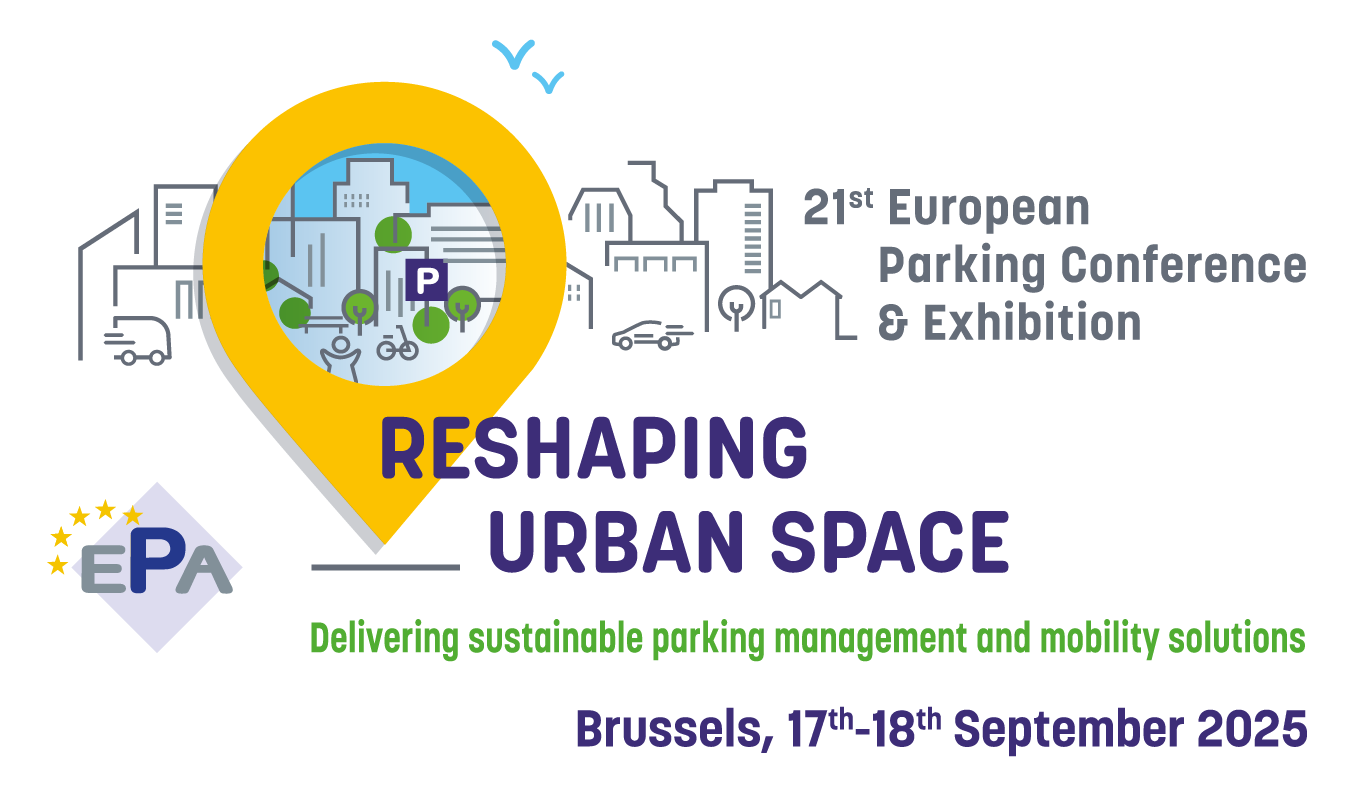FAQs
The official language of the Conference is English and no translation will be provided.
Please note that Brussels is legally bilingual between Dutch and French, nevertheless, most public signs and residents also speak English.
Belgium follows Central European Time (CET) which is one hour ahead of Greenwich Mean Time (GMT).
Temperatures are relatively mild during the whole year. Brussels’ average temperature between in September is 19-11 °C. Medium weight clothing is recommended plus rainwear.
Belgium, like most other European countries, has 220-volt AC, 50Hz current and uses two-pin continental plugs.
The currency in Belgium is the Euro (€). If you are carrying more than €10,000, when travelling to or out of Belgium, you have to declare it to customs.
Most places will not accept US Dollars. It is advised to have these converted at the airport or at one of several currency exchanges.
Banks – Most banks are open from 09:00 to 16:00/16:30 Mondays to Fridays, and a few are open on Saturdays. Many smaller branches close for an hour at lunch time (usually 13:00 to 14:00. Some banks also offer late night hours on Thursday’s until 18:00.
There are numerous cash machines throughout the city and many bureaux de change are open during weekends.
ATMs/Cash Machines – Most banks have ATMs that are open 24 hours. All major cards are accepted and it is a convenient way of withdrawing Euros on a credit or debit card.
Credit Cards – Major credit cards are widely accepted at hotels, stores, cafes and restaurants. Some places might charge a fee when accepting foreign credit cards as payment. Make sure to carry ID on you at all times, you may also need it when withdrawing money. Signatures may be required for larger sums.
Belgian prices include 21 percent Value Added Tax (VAT). It is refundable to non-EU residents who are travelling to an EU destination, provided you adhere to the VAT refund policies. Tax-free shopping is possible in some major shops and department stores in Brussels.
Although Brussels is in general a safe city to visit, there are of course some exceptions and so it is always best to take certain precautions.
Around Grand Place and the city centre, you should pay extra attention to pickpockets. Many tourists are present around Mannekin Pis heading out towards Parc de Bruxelles, and it is advised to take caution especially at night. Areas such as Molenbeek and Schaarbeek carry a greater risk of crime. In addition, the roads are generally narrow with much traffic so take care when crossing the streets.
Visiting Brussels as a citizen of an EU country, you are covered by public health insurance within the limits agreed upon between your own country and the Belgian authorities. Visitors from outside the EU are not covered by Belgian healthcare and should, therefore, arrive prepared with the appropriate insurance.
Police, Fire and Ambulance number: 112
EPA is insured only to meet claims arising from incidents caused by the organisers and their equipment. Participants, exhibitors and visitors are strongly recommended to be properly insured against accidents they may suffer when travelling and during the Conference.
